3-D Chess With Ex-presidents Back In War-torn C.Africa Ahead Of Polls
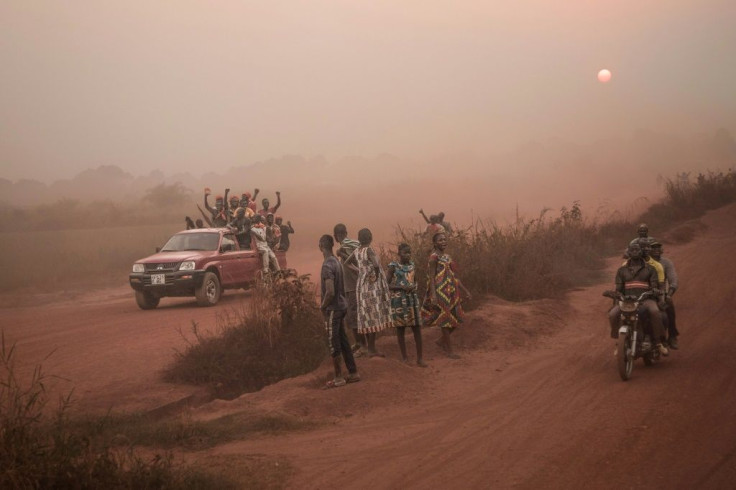
The unexpected return of two former presidents to the Central African Republic, the main figures in a civil war that still bloodies the country despite an 11-month-old peace accord, has set the stage for high-stakes political chess ahead of elections in December.
Francois Bozize, who is under an international arrest warrant for his role in the conflict, returned from exile in Uganda in mid-December -- timing that would enable him to mount a presidential run under electoral rules.
Thousands of supporters from a section of the opposition to President Faustin-Archange Touadera turned up at a rally urging Bozize to run for the top job.
He has yet to meet with Touadera. Government spokesman Ange Maxime Kazagui said Bozize had returned "in obscure conditions and has set conditions for a meeting" with the president.
Meanwhile the man who overthrew Bozize in 2013, Michel Djotodia, is also back in the country.
Even though Djotodia may also have his sights set on the presidency, Touadera greeted him at the airport upon his arrival in Bangui on Friday.
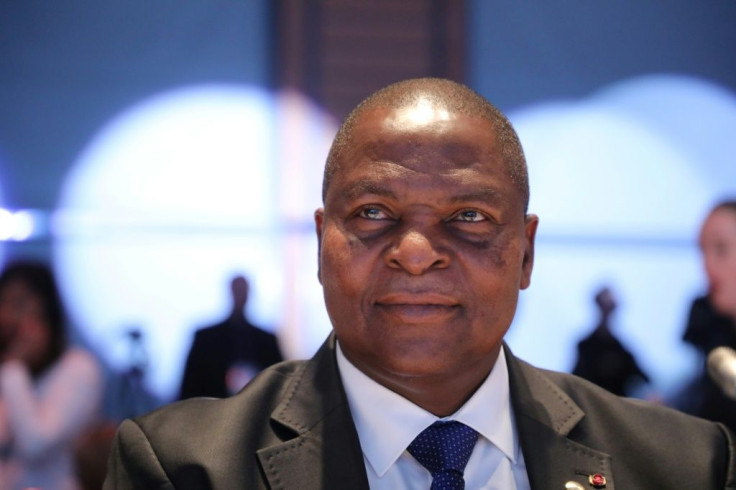
These machinations are potentially explosive in a country where fighting is still claiming lives despite a peace accord signed last February.
More than two-thirds of the former French colony is still under the control of armed rebel groups fighting over its rich mineral resources.
Nathalia Dukhan, a CAR expert with the US anti-corruption group The Sentry, described Djotodia's return as "planned and negotiated".
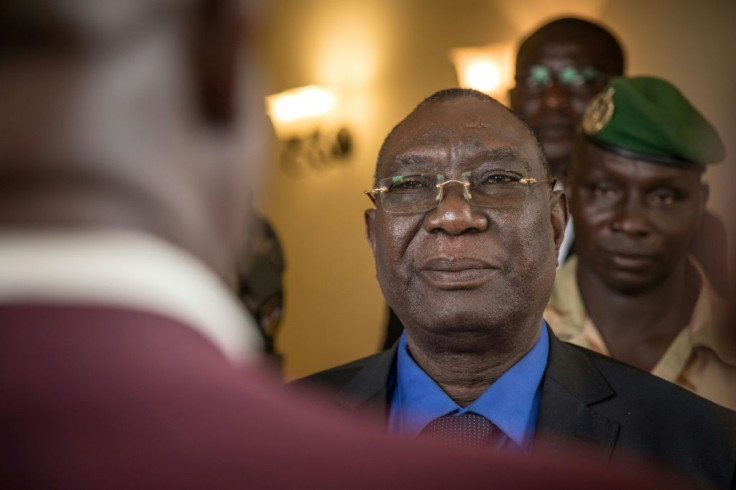
She added: "The current government, already very unpopular, is showing that it has just one goal: (Touadera's) re-election at any cost."
Bozize "is still very popular... which directly threatens this re-election," Dukhan said.
Another analyst, who heads the Association of Central African Bloggers (ABCA), goes further, seeing Djotodia's return as a deliberate move by Touadera.
"This way, Touadera ensures he has the support of voters in areas under the influence of (former rebels) thanks to Djotodia's support," Rosmon Zokoue said.
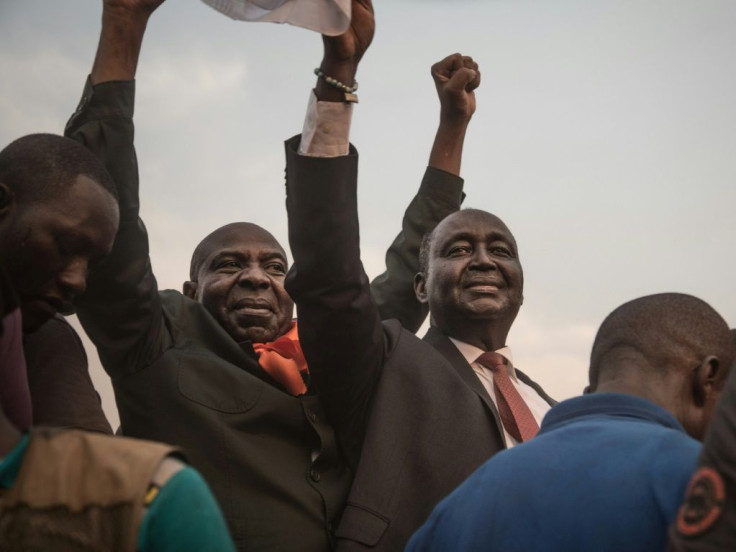
Bozize took power following a 2003 coup before being overthrown 10 years later by Djotodia, head of the mainly Muslim Seleka rebellion in the predominantly Christian country.
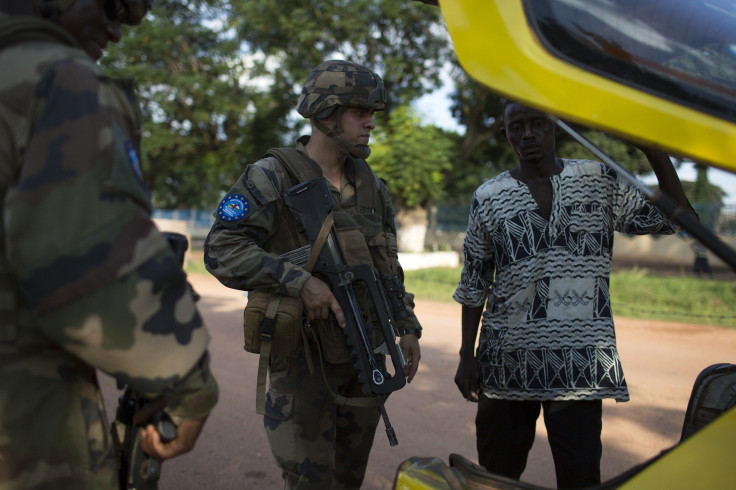
Vicious sectarian violence ensued between the Seleka and vigilante militias dominated by Christians and animists known as the anti-Balaka.
Djotodia resigned in January 2014, a month after a French-led military intervention ousted the Seleka from power.
After a transitional period, Touadera was elected president in 2016 but was unable to stop the fighting, despite the presence of a multinational UN force.
While Djotodia has avoided prosecution by Central African or international justice, Bozize's is a different story.
The UN imposed sanctions against him and CAR issued an international arrest warrant accusing him of crimes against humanity for allegedly stoking the violence.
Analyst Thierry Vircoulon said "Bozize's legal situation is a lot more complicated" and it was uncertain whether he would be eligible to run for president.
Moreover, the Touadera camp may not look kindly on a Bozize candidacy if the president's re-election is threatened -- a scenario that could inflame the campaign.
"With less than a year before the presidential election, all the political clans are engaged in a race against time," Dukhan said.
Some observers warn that while Bozize's ambitions are clear, Djotodia's intentions are anyone's guess.
He has said simply: "The future belongs to God."
Meanwhile, Djotodia remains the political head of the CAR's main armed rebel group, the Popular Front for the Rebirth of the Central African Republic (FPRC).
The group maintains control over the northeast of the country with violence including killings, looting and rapes, according to Lewis Mudge, Human Rights Watch's CAR director.
The run-up to the December elections is thus potentially explosive in a country still embroiled in a conflict despite a relative calm since the Khartoum accord last February.
"It's a bad sign that Bozize can return to the political landscape despite the sanctions," Mudge said.
"The same for Djotodia, who was head of the Seleka which committed war crimes and crimes against humanity. It shows that the cycle of impunity has not been broken."
© Copyright AFP 2024. All rights reserved.





















